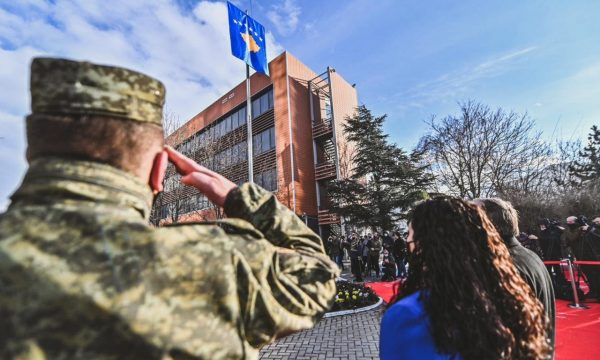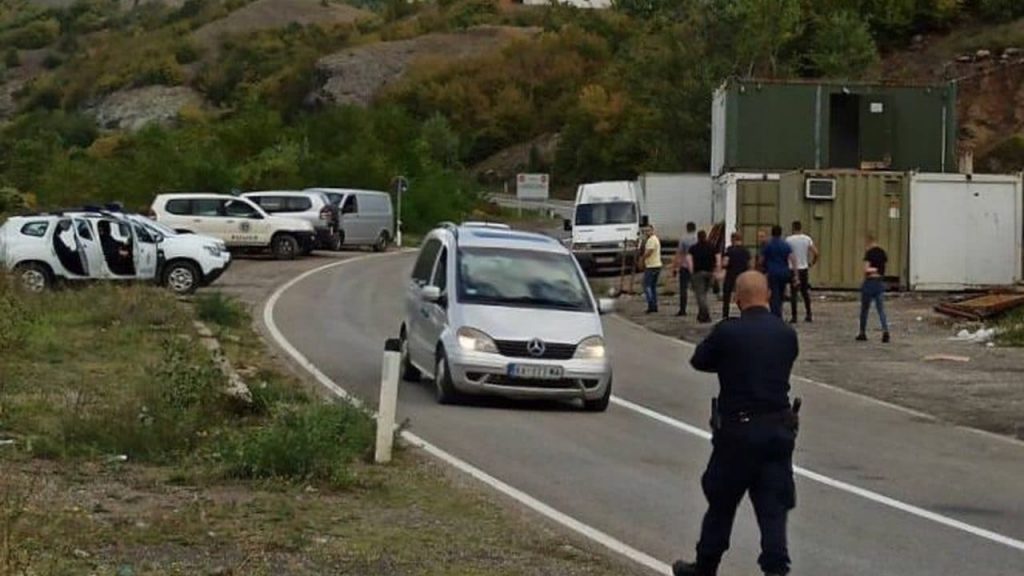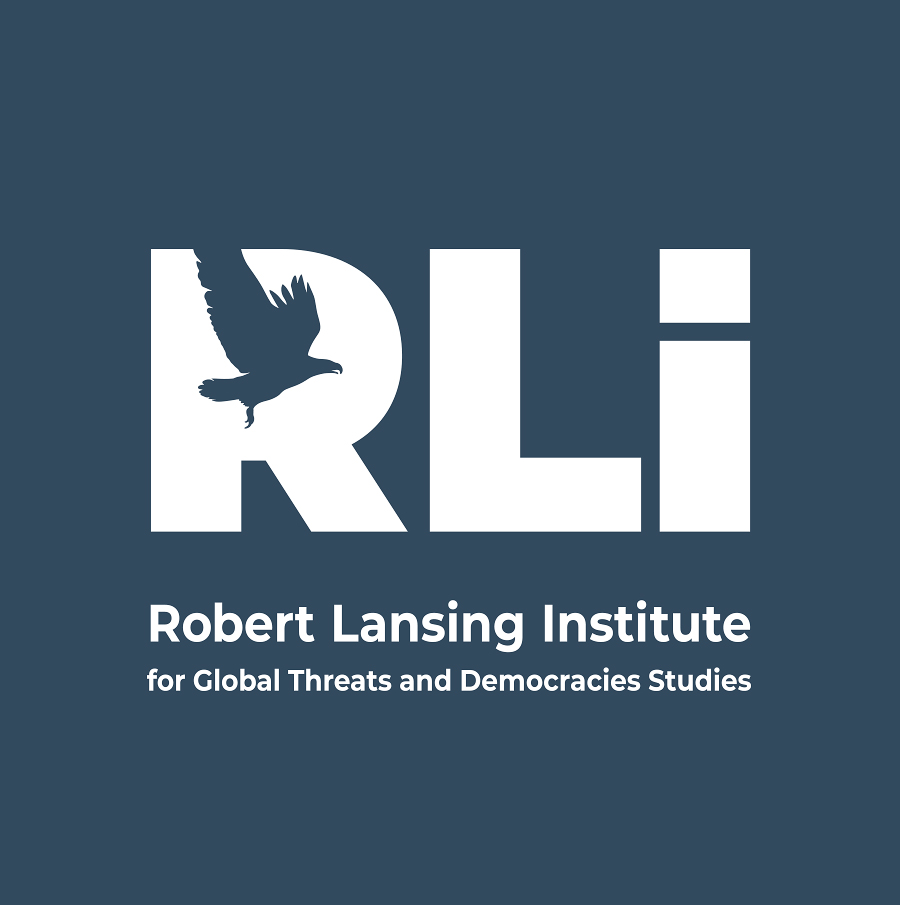The invasion of Ukraine by Russia and the pro-Russian stance of Serbia have highlighted the danger that threatens Kosovo lately. Peace in Kosovo has been maintained by KFOR troops since 1999, when the war between Kosovo and Serbia ended, by NATO intervention. Currently NATO has about 4,000 troops in Kosovo under the KFOR mission, while is bordered by three NATO member countries, Montenegro, Albania, and Northern Macedonia. However, the risk is not ruled out by its northern neighbor Serbia, although possible scenarios are difficult to predict, as the situation may spiral out of control, depending on developments in Ukraine. However, according to the Parliamentary Committee for Security, the Kosovar Intelligence considers that we are not directly threatened currently.
A call for accelerating Kosovo’s membership in NATO has recently become a trend on the social network Twitter and beyond. Albania, Croatia and Turkey have also joined the appeal with keyword #KosovoInNATO. Kosovo has fortified support for NATO membership from several other European countries. But how realistic can Kosovo’s prospect of accelerated NATO membership be, at a time when Western allies are facing a full-scale invasion of Ukraine by Russia? This can be very difficult, not saying impossible.
Following all developments, also Kosovo Assembly on Thursday adopted a resolution urging the government to start negotiations for NATO membership, but apparently this will be a long way for Kosovo Government, with more tasks ahead to be implemented. The possibility of Kosovo’s membership in NATO in a situation as we are currently, by a legal and policy analyst that has written on the topic, explains it thus, “Kosovo and NATO do not have formal relations regarding Kosovo’s integration into NATO, but the relationship between the two countries has developed through NATO’s presence in Kosovo. Kosovo is neither part of the Partnership for Peace nor of the ‘Membership Action Plan’. However, cooperation and military capacity building in Kosovo, under the supervision of KFOR and according to NATO standards, gives Kosovo some advantages in terms of meeting aspects of standardization, when the political consensus on Kosovo’s accession to NATO is reached”, an expert says.
However, he does not see the issue of membership as a matter of standardization and fulfillment conditions of a technical nature. He considers that the main obstacle to Kosovo’s membership in NATO are non-recognizing states. “Kosovo’s dispute with its northern neighbor is one of the obstacles to Kosovo’s NATO membership, as since Alliance policies require the solution of open disputes in order to meet the conditions of membership, especially when these disputes are of a deeply political nature such as between Kosovo and Serbia”.
In fact, Kosovo already has a transition plan, approved in December 2018 by the Kosovo Assembly which changes the mandate of the Security Force, practically this plan is expected to be implemented by 2028. Until then, the focus should be on dialogue with Serbia and final settlement, also lobbying for recognition by states that still do not recognize Kosovo as an independent and sovereign state. These problems are seen by experts as the main obstacles to Kosovo’s non-membership in NATO.
Undoubtedly, Kosovo’s membership in NATO would affect the stability of the Western Balkans, but above all it would be a great victory in the context of consolidating Kosovo’s statehood. Its presence in international relations would also increase stability and the security environment in the Balkans. Kosovo`s future in NATO is seen by the legal and policy expert as a stamp on Kosovo’s path to Euro-Atlantic integration and Kosovo’s immunity from external threats. “Kosovo is an aligned country and has chosen Euro-Atlantic integration as its path, membership would not be a consequence of change or re-alignment but would be the realization of Euro-Atlantic aspirations. Of course, by becoming part of NATO’s collective defense promise, Kosovo would be safer from external threats, especially interstate aggression, but at the moment, Kosovo security environment is guaranteed by KFOR presence and the fact that NATO troops have a mandate to maintain peace and security within Kosovo territory.” The fact that Kosovo would be immune to external threats and aggression would deprive potentially aggressive countries of using force possibility as a means to achieve political goals, thus increasing the stability of the Balkans in general. Kosovo is currently in the process to fulfill the Stabilization and Association Agreement for joining the European Union.







